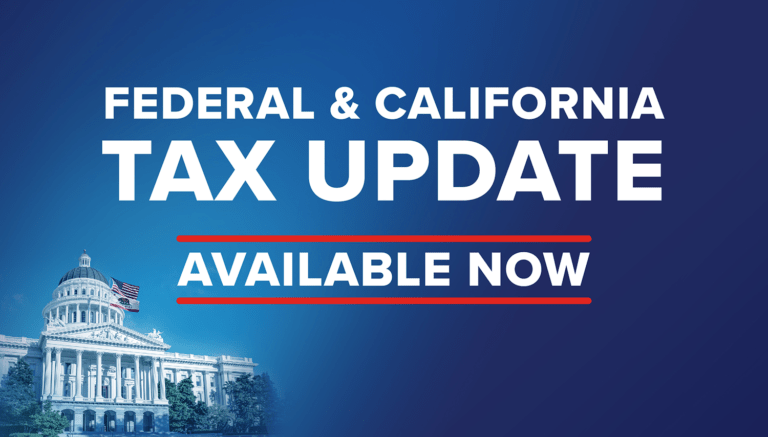
IRS Says “NO” to a Year-End PPP Loan Forgiveness Strategy
Article at a Glance:
- IRS Kills Hopes for a Year-End PPP Loan Forgiveness Strategy
- The IRS in Notice 2020-32, quoting IRC §265(a)(1), announced that if the forgiveness is not taxable income, then the eligible expenses leading to the forgiveness are not
- A timing question arises, if we accept that the expenses are not deductible to the extent they qualified the borrower for PPP Loan forgiveness.
- A legislative change is required to overcome the IRS’s position that qualified expenses are designated non-deductible.
- Year-end tax planning should assume that the eligible expenses that resulted in PPP Loan forgiveness are not deductible.
An individual or entity that is eligible to receive a PPP Loan can receive forgiveness of the full principal amount of the covered loan up to an amount equal to the following eligible expenses that are paid or incurred during the covered period: (1) payroll costs, (2) interest on a covered mortgage obligation, (3) any covered rent obligation payment, and (4) any covered utility payment.
The CARES Act specifically provided that the forgiveness of the PPP Loan was not cancellation of debt income, and thus not taxable to the borrower (CARES §1106(i)). The IRS in Notice 2020-32, quoting IRC §265(a)(1), announced that if the forgiveness is not taxable income, then the eligible expenses leading to the forgiveness are not deductible.
Reasonable expectation of forgiveness. If we accept that the expenses are not deductible to the extent they qualified the borrower for PPP Loan forgiveness, a timing question arises. “If the forgiveness application isn’t submitted until 2021, can the business deduct the expenses paid in 2020, and then report the forgiveness as a “taxable recovery” in 2021? In Rev. Rul. 2020-27, the IRS says “no.” The notice describes two situations.
Situation 1. During the period beginning on Feb. 15, 2020, and ending on Dec. 31, 2020 (covered period), Taxpayer A paid eligible expenses that are described in §1106(a) of the CARES Act. These expenses include payroll costs, interest on a mortgage that qualifies as interest on a covered mortgage obligation, utility payments that qualify as covered utility payments, and rent that qualifies as payment on a covered rent obligation. In Nov. 2020, A applied to the lender to forgive the covered loan based on the eligible expenses it paid during the covered period. At that time, and based on A’s payment of the eligible expenses, A satisfied all requirements under the CARES Act to forgive the covered loan. The lender does not inform A whether the loan will be forgiven before the end of 2020.
Situation 2. During the covered period, Taxpayer B paid the same types of eligible expenses that A paid in Situation 1. Unlike A, B did not apply for forgiveness of the covered loan before the end of 2020, although, taking into account B’s payment of the eligible expenses during the covered period, B satisfied all other requirements of the CARES Act for forgiveness of the covered loan. B expects to apply to the lender for forgiveness of the covered loan in 2021.
Deduction inappropriate. The IRS found that in both Situation 1 and Situation 2, A and B each have a reasonable expectation of reimbursement. At the end of 2020, the reimbursement of A’s and B’s eligible expenses, in the form of covered loan forgiveness, is reasonably expected to occur – rather than being unforeseeable – such that a deduction is inappropriate.
Legislation needed. While many of us in the tax practitioners’ community don’t think that Congress intended the qualified expenses to be non-deductible, a legislative change is required to overcome the IRS’s position. Hope springs eternal. In the meantime, year-end tax planning should assume that the eligible expenses that resulted in PPP Loan forgiveness are not deductible.


